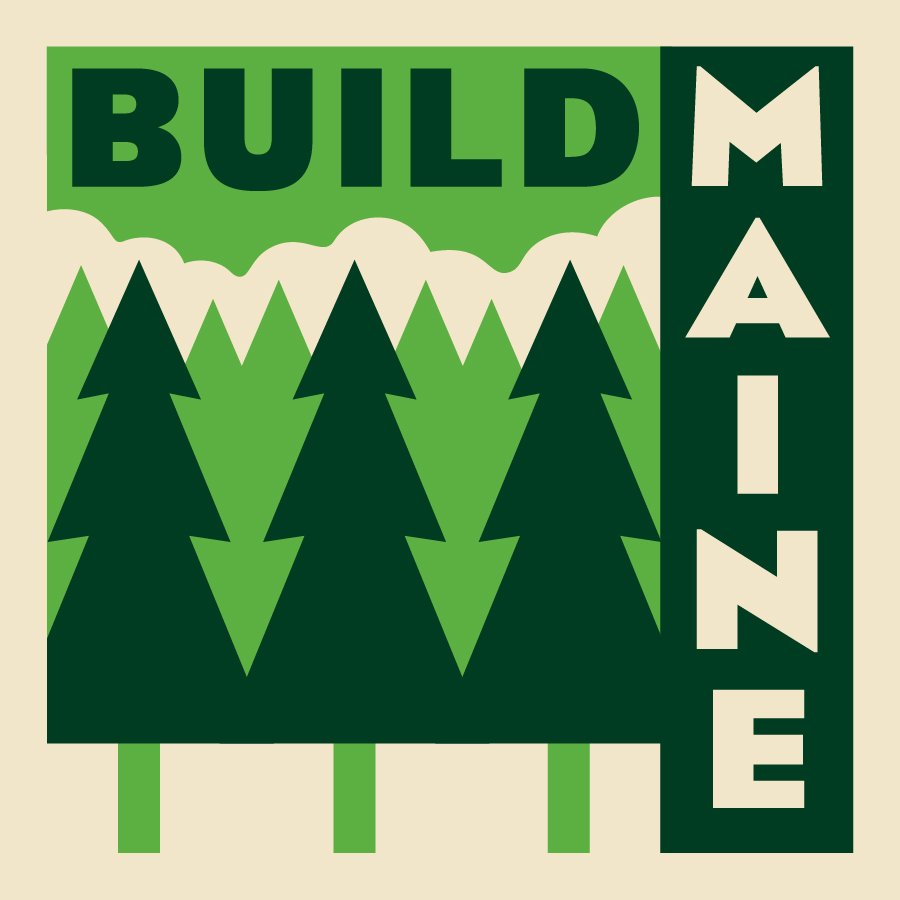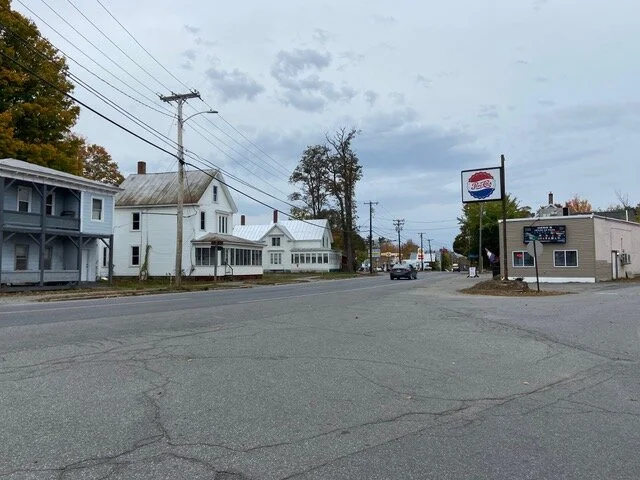Build Maine and partners from across the State have been working for the past year and a half to find solutions to these pressing community problems. This proposed legislation will create a Maine Redevelopment Authority, bringing Federal and State dollars into the hearts of our communities through the creation of a Land Bank and Development Ready Community Program.
Resolution for Community Reinvestment
It’s time to reinvest in Maine.
Maine has a chance to work ground up through the complex fabric of our communities, regional governments, non-profits, and state to find a path toward a more a local, scrappy, frugal, tough, independent, and caring future. Build Maine is asking towns, cities, regional councils of governments, non-profits, professional groups, and individuals to sign the Resolution for Community Reinvestment as well as review and provide comments on draft policy recommendations as we continue to move forward. We have an incredible need right now to find broader communities of people, to overlook minor differences and build bigger coalitions, to work together with neighbors to find a path forward that we generally agree is good for our communities and our state.
Development Ready Communities + Land Banks Provide Path to Investment
The first step in the process was to develop a shared understanding of our state’s collection of procedures, rules, and cultural forces that produce our existing patterns of land development. A draft “system map”, the culmination of the past 6 months of work involving over 70 individuals, is available for review and comment.
This system mapping work lead to the current effort to identify policy recommendations and other solutions that will produce better fiscal, economic, environmental, and quality of life outcomes for our state. This work has been taking place since February and has resulted in several initiatives, including:
If you are interested, please email connect@build-maine.com for more information and to get involved!
What if there was a way for Maine to directly reinvest in the hearts of our communities? To help repair our crumbling downtown infrastructure? To breath new life into our historic neighborhoods and village crossroads? To support working agriculture and working forests? To support Mainers where they are?
Beginning in August 2019, Build Maine initiated a “call to action” focused on addressing patterns of development that our State cannot financially sustain and that are at odds with our quality of life, sense of identity, the tourism economy, efforts to attract a workforce, housing and transportation needs, and our environmental goals. The work involved a diverse and expanding group of leaders from across the state and from varied disciplines who understand the current system, and who are in a position to help change it.
Draft legislation for a Maine Redevelopment Land Bank, which will help communities get properties back into productive reuse.
Development Ready Communities Framework, which will inform how the State and Municipalities work together and align state funding with local projects that provide a positive return on investment.
The recommendations that come out of this current process will support important work happening at the State level, increase understanding of bigger picture issues, and identify opportunities to align efforts between sectors, municipalities, the non-profit sector, regional, and state government.
Build Maine pursues System Change to Support a Stronger Maine
Beginning in August 2019, Build Maine initiated a “call to action” focused on addressing patterns of development that our State cannot financially sustain and that are at odds with our quality of life, sense of identity, the tourism economy, efforts to attract a workforce, and our environmental goals. A draft “system map”, the culmination of the past 6 months of work involving over 70 individuals, is now available for review and comment.
MicroTIFs and Landbanking Webinar with Jim Tischler on December 6, 2019
Maine's Green New Deal Has a Sprawling Blind Spot
Maine has traditionally been a State that cares deeply about the environment. Our culture is rooted in a practical and often times financially conservative approach to solving problems. So why are we focusing so much on technological solutions to a problem that boils down to how to do more with less?






